Level One Learning From Home Newsletter
Term 3, 2020

Level One Learning From Home Newsletter
Term 3, 2020
Welcome back parents, guardians and students to Term Three at Glen Waverley Primary School. We hope everyone had a relaxing break and that your children are ready for another productive and enjoyable term. The Level One team is looking forward to continuing to facilitate rich learning experiences with your children.
We have taken in all the valuable feedback and we are proud to announce the new and improved Learning From Home program 2.0. We have made small changes to maintain the normal school routine as much as possible, such as with the morning and afternoon roll call, as well as with the implementation of mini lesson videos. The online platform will lead us into new exciting topics across all different curriculum areas.
It is great to see how supportive our school community has been during this unprecedented time, as parents and teachers unite to provide the best learning experiences possible for our students. We thank you for your ongoing support and we look forward to another productive term!
Manuela Pertile (Teaching and Learning Leader), Anna Meng (Assistant Teaching and Learning Leader), Robert Lou, Gordon Gerada, Monique Kelly, Lyn Clugg (Reading Recovery), Debbie Hunter (TSL).
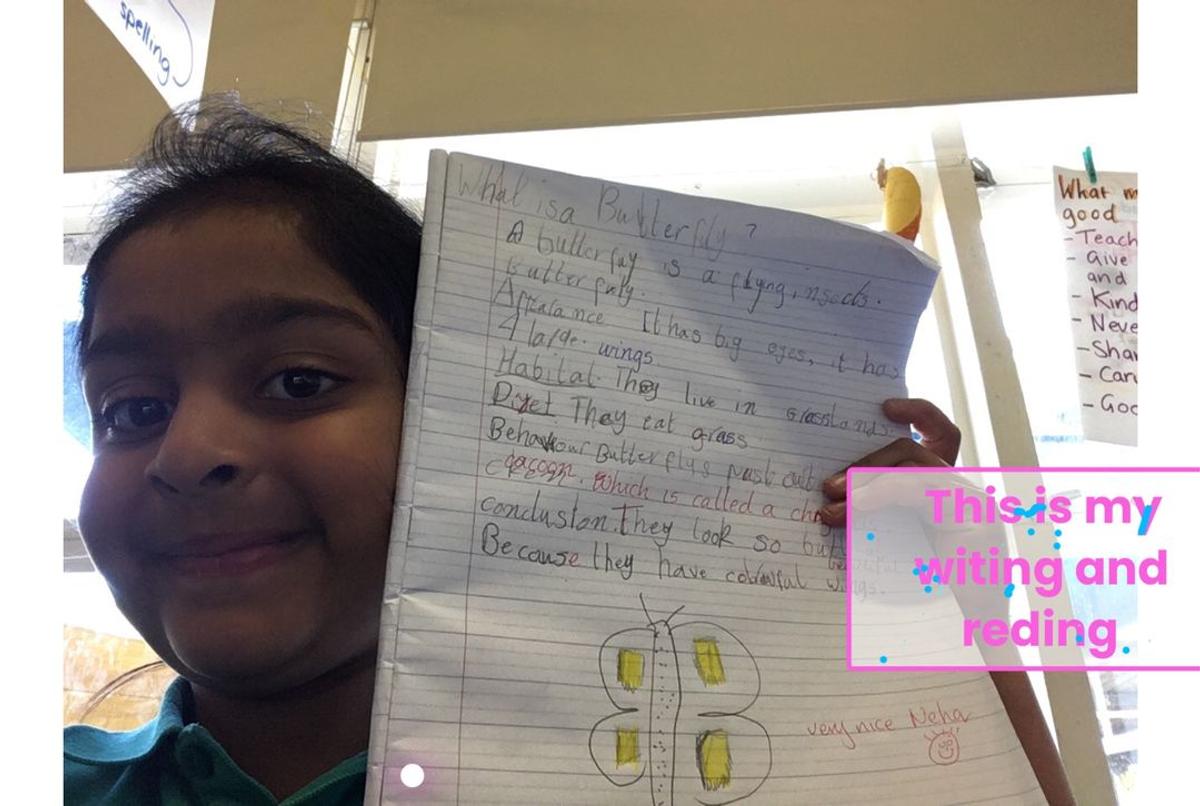
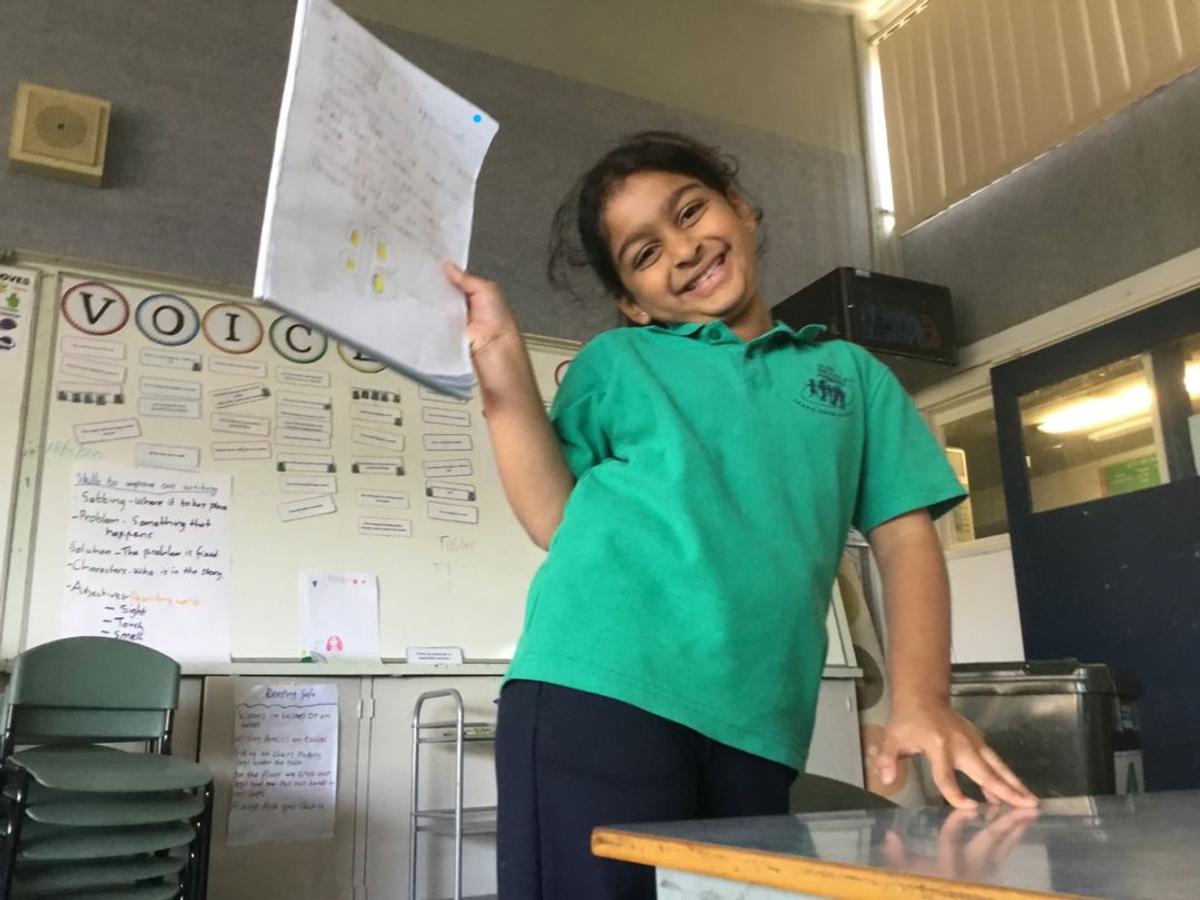
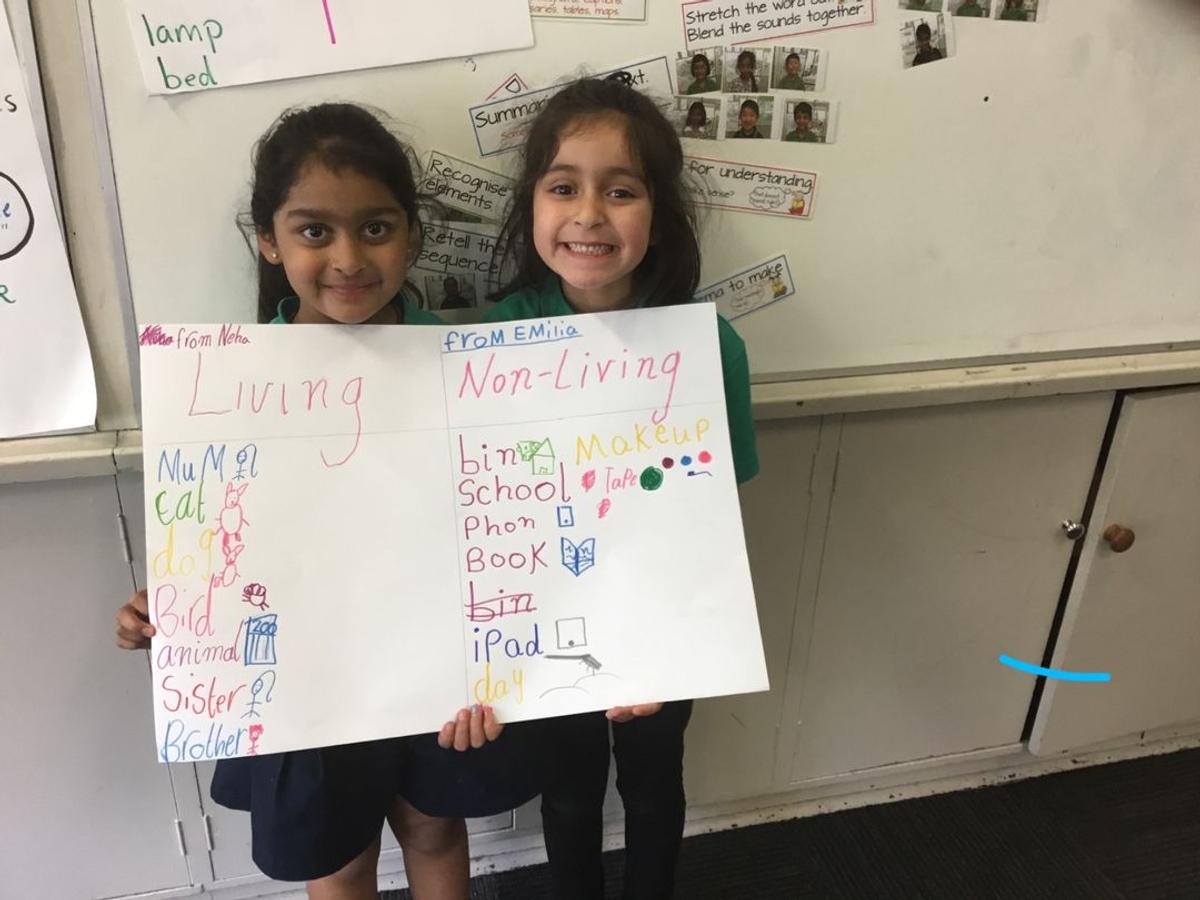
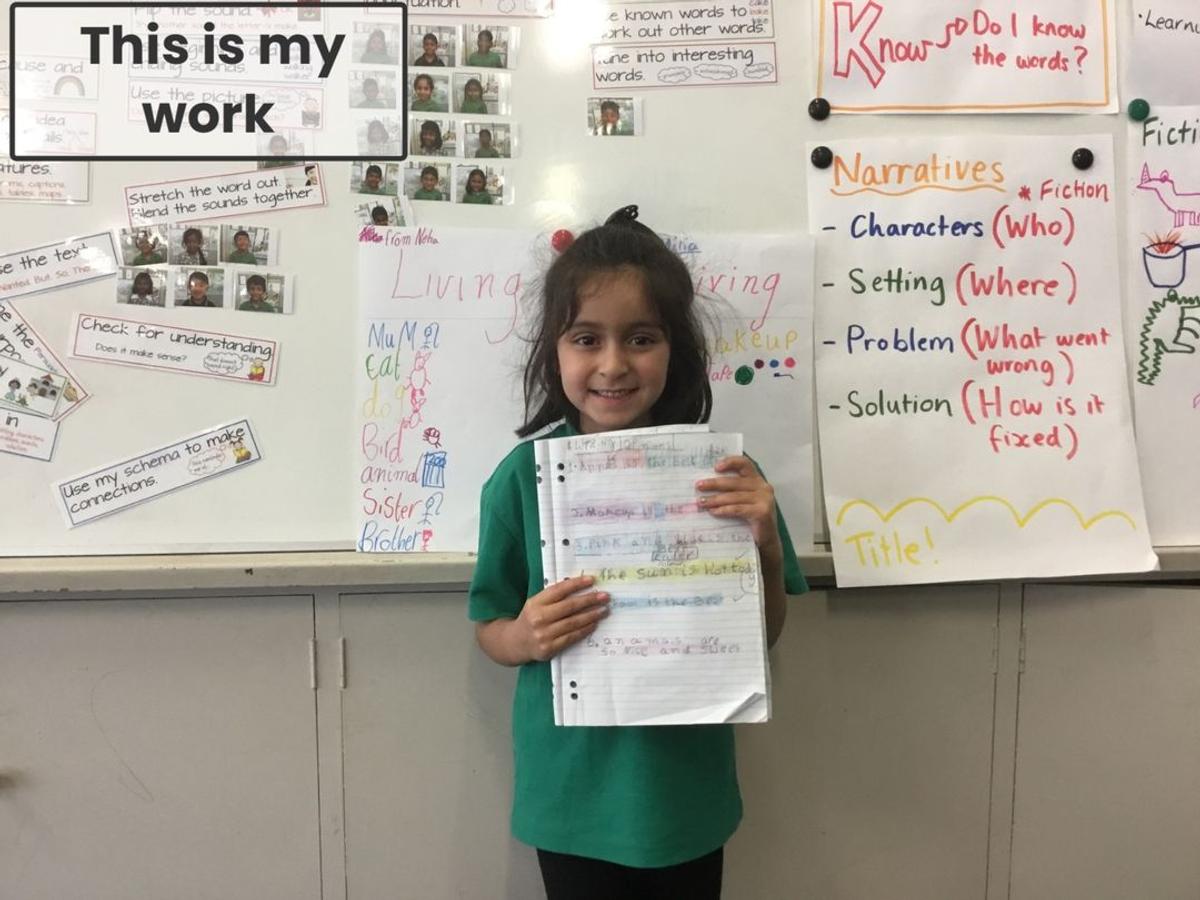
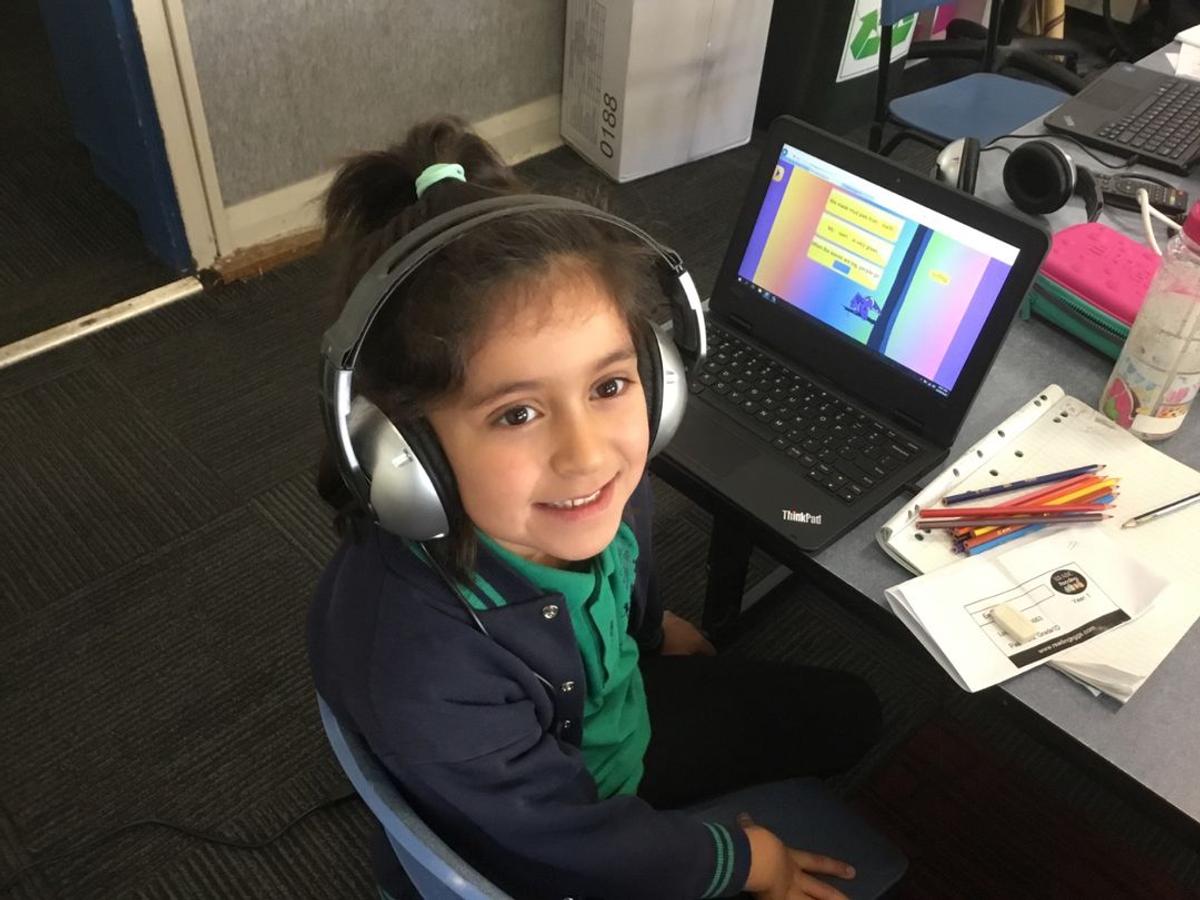
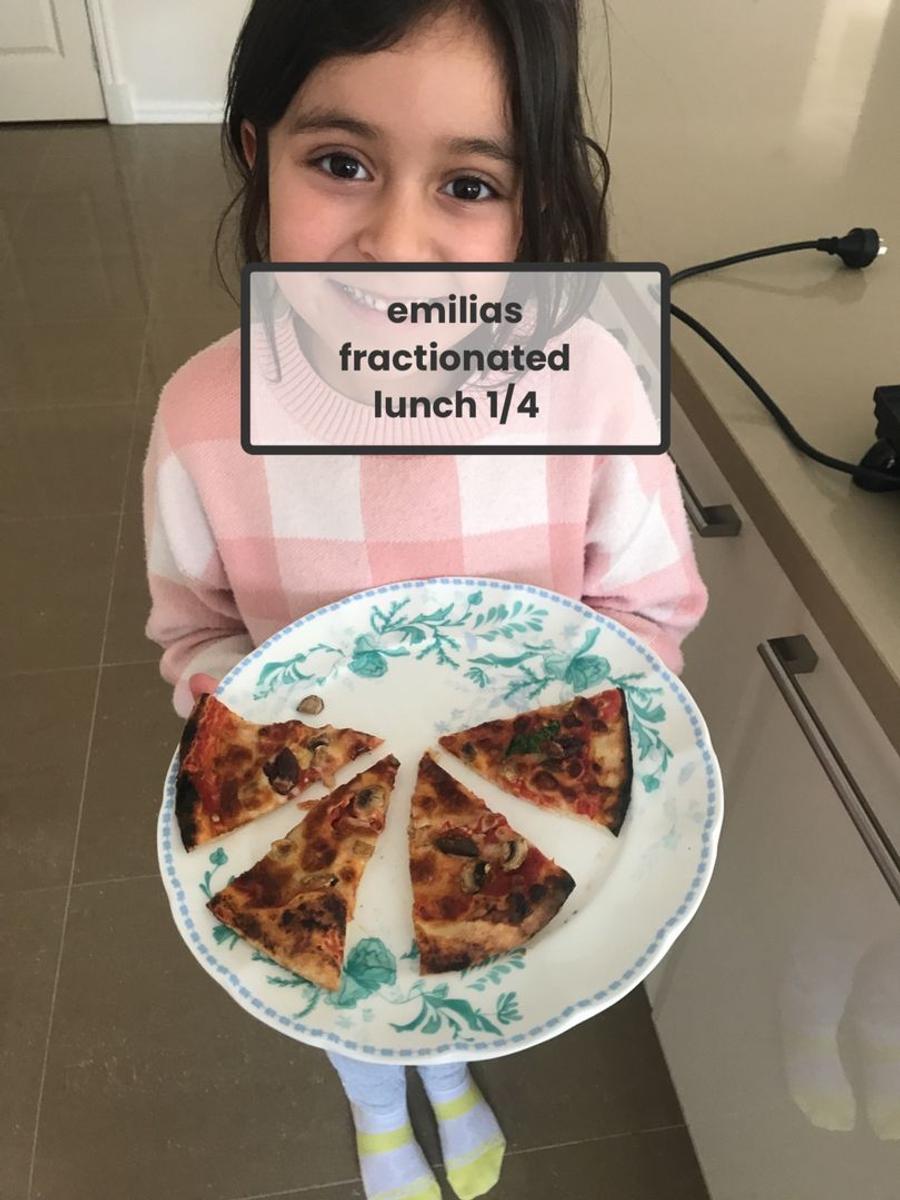

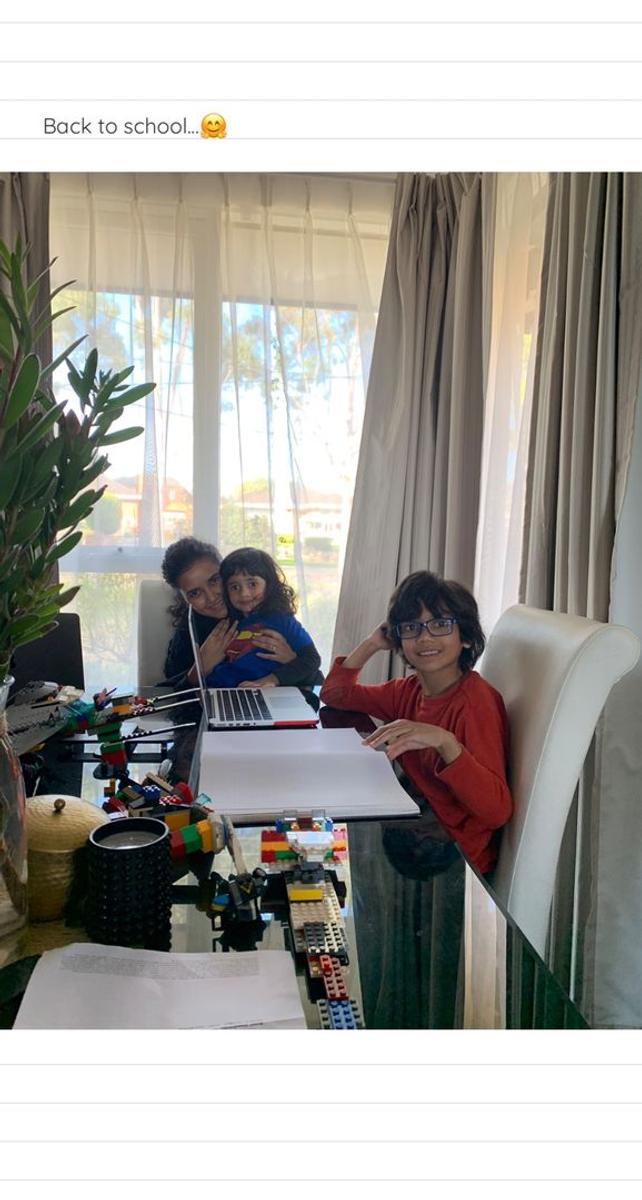
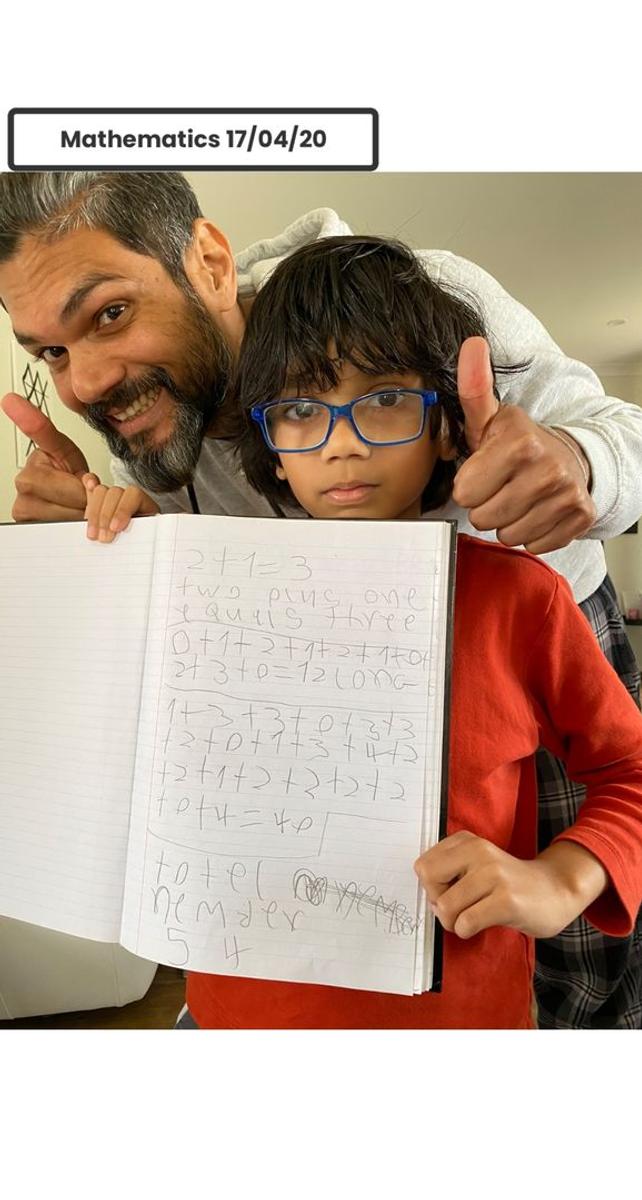
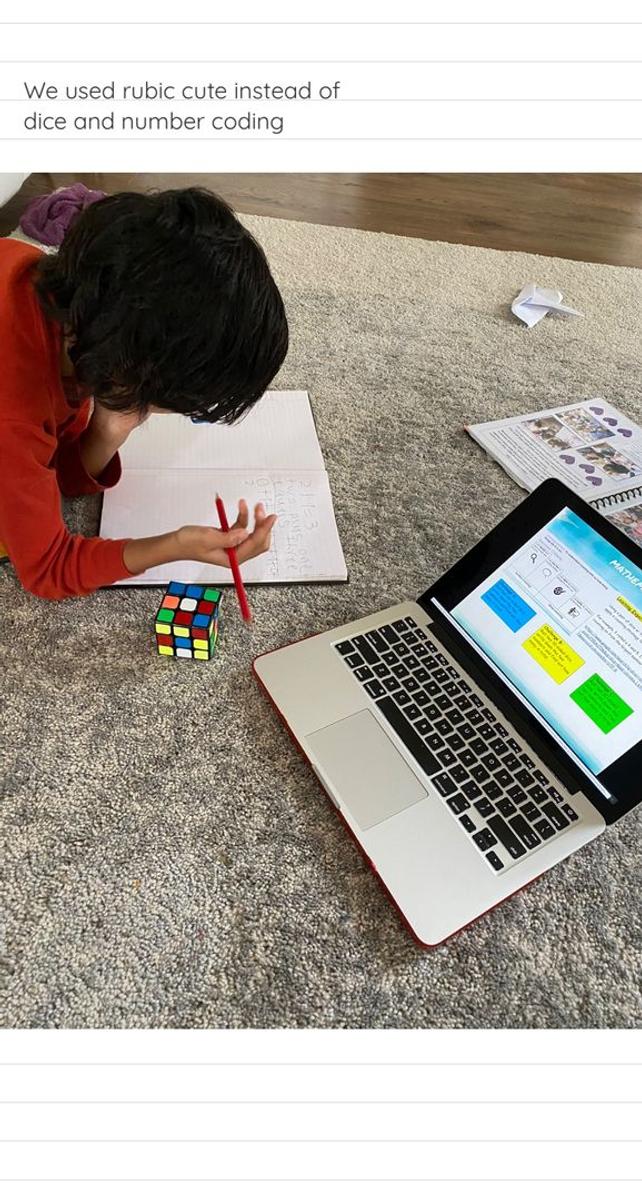
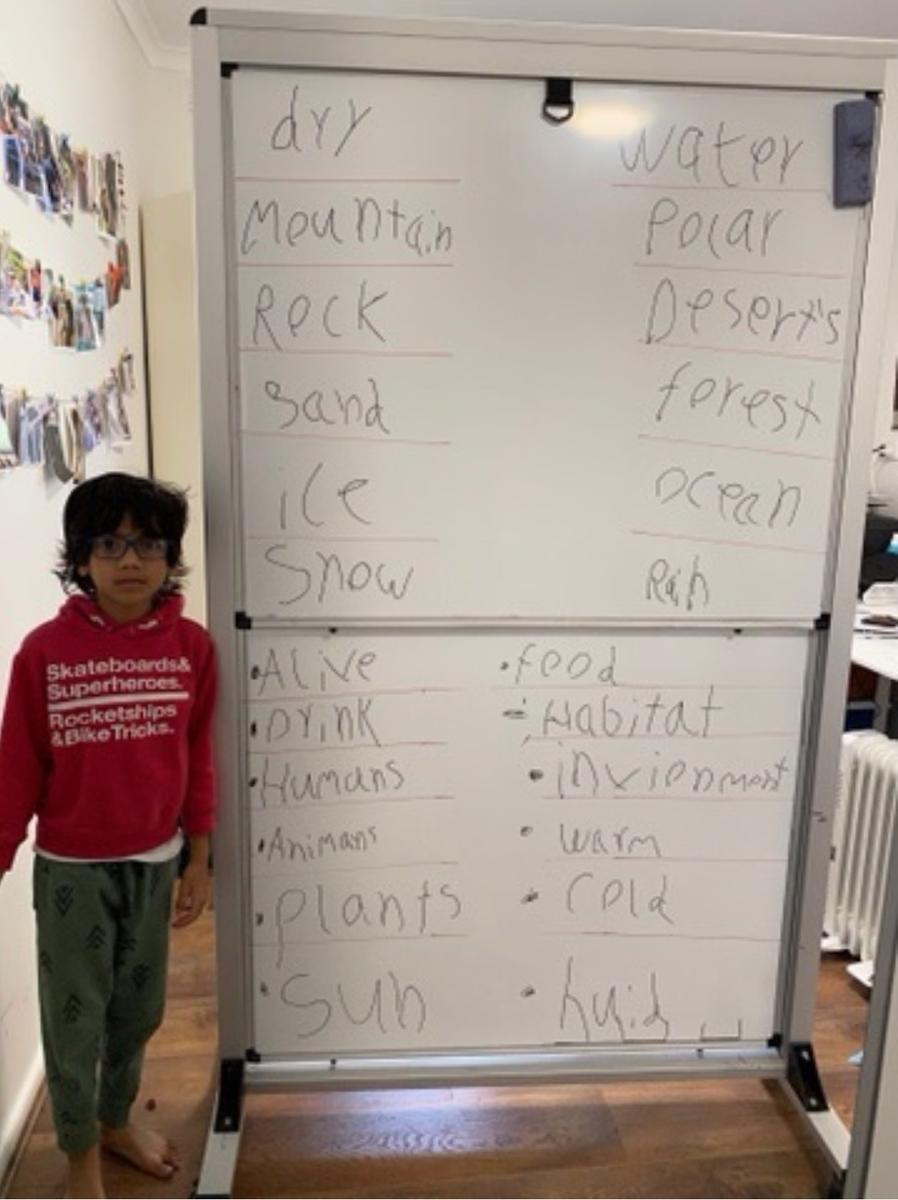











Wellbeing is more crucial and important as ever as we are undertaking Learning from Home 2.0. The students will continue focusing on their wellbeing, in particular, looking at their mindset, focusing on having a growth mindset and developing strategies to enhance a positive attitude, not only for learning, but through the connection and interaction with others. We have taken parents' feedback to heart and we have made intentional changes to encourage more connection with our students, such as implementing a 9.00am and 2.30pm roll call each day so that the students can see each other and interact with their teacher on a daily basis. You will have noticed the students are working in small groups during conferencing in order for them to interact with each other by giving feedback and providing feed- forward. Through the lens of ‘Speaking and Listening’, students will engage with a range of communication skills when learning online. For example; maintaining eye contact, building on peers’ ideas, responding to questions, asking questions, projecting their voice and using hand gestures to communicate respectfully.
The students will be learning about the importance of being organised and setting up a routine of their day, which will give them a sense of purpose in order to keep them motivated and engaged in their learning tasks. Resilience is also an important factor, learning to ‘Bounce Back’ when they experience difficulty and having the strategies to continue having ‘a go’ when things are tough and realising that ‘making mistakes’ is the way we learn. The students will have the privilege to continue learning and be engaged by Dr. Gihan’s videos, in order to instil a deeper sense of ‘Gratitude’ in their lives especially during these unprecedented times.
Students will begin to refine and apply complex reading skills through our ‘CAFE’ approach. As they consolidate their comprehension and accuracy, it is vital for students to use a range of thinking skills and strategies to monitor the meaning of their texts. It is key for students to understand what and why they are reading. Students are beginning to analyse texts as ‘authors’ and are able to broaden their understanding by inferring author's purpose, as well as establishing text connections. The students will be able to identify different text features and challenge themselves to apply these understandings towards other subject areas, such as writing.
Whilst ‘Learning from Home’, students will continue to undertake learning experiences directly related to the strategies associated with our whole school approach to reading. Some of the strategies that we will be learning in our reading sessions this term are ‘Use prior knowledge to connect with texts’, ‘Cross checking’, ‘Make a picture or mental image’ and ‘Retell the story’. Students will build on their understanding and application of numerous reading strategies (inclusive of the strategies outlined above). In addition, upon completion of Reading learning tasks from the daily ‘Level One Home Learning’ slides, students will receive feedback and feed-forward connected to their learning. They will also have opportunities to apply the feed-forward received from their teacher via conferences and ‘Seesaw’.
In Writing this term, students in Level One will be consolidating their knowledge and application of the ‘VOICES’ menu. These include learning how to write an engaging recount using appropriate structure and descriptive language. Throughout the ‘Learning from Home’ program, students will be provided with the tools, resources and strategies that can be used to create these texts.
Some of the ‘VOICES’ strategies students will explore whilst ‘Learning from Home’ include:
Students will continue to inquire into spelling generalisations as a part of their Spelling Learning. They will engage with an explicit focus lesson providing them with the knowledge they will need to apply in their tasks. Through their exploration the students will transfer their knowledge by showing examples in an authentic way.
Students will continue to consolidate and explore the Mathematics curriculum, guided by our whole-school approach of SURF (Problem Solving, Understanding, Reasoning and Fluency). Being a bank of strategies, SURF will be utilised to support students, as they continue to develop effective tools for solving problems, create individualised learning goals, and ultimately deepen their conceptual understanding.
We will begin with the Statistics and Probability strand, where the focus is Chance. Students will learn terms such as “certain” and “unlikely,” make connections to familiar events and conduct chance experiments. Next, we tune into Number and Algebra, in particular, Addition and Subtraction. Students will revise “Trust the Count,” the efficient and flexible application of number facts and strategies. Starting with concrete, then pictorial and abstract, students will explore different strategies to model addition problems and its inverse.
After, we move into Measurement and Geometry, to examine the concepts of Location and Transformation. Beginning with the former, students will apply daily language to give and follow directions, before investigating mapping and coordinates. Subsequently, the lens turns to Transformation, where students will draw upon their knowledge of Shape, as they investigate the effect of slides, flips and turn, using concrete and visual tools. Finally, students will return to Number and Algebra, with a focus on Multiplication and Division. Through the strategies of grouping, arrays and repeated addition, students will examine the relationship between addition and multiplication, with the added support of hands on, drawn and written examples.
The inquiry topic this term is a Geography focus on ‘How can we connect to different places? Students will begin by focusing on their immediate family circle. From there, they will investigate their family origins and collaborate with other students by learning about other cultures and their cultural celebrations, as well as how food connects people. Through investigating our origins we make connections to the land we live that we call Australia and acknowledge the history. We acknowledge and respect the diverse backgrounds and come together to celebrate and unite as one nation. The students will deepen their understanding by investigating their particular country of origin by focusing on the special significance of landmarks that is associated with their culture. Lastly the students will develop an understanding about how we stay connected by looking at how technology brings us together, regardless where you live in the world from Melbourne to the other side of the world.